(This is the twenty-second entry in the The Modern Library Reading Challenge, an ambitious project to read the entire Modern Library from #100 to #1. Previous entry: Brideshead Revisited)
 Merchant Ivory Productions has been one of the greatest threats to literature during the past three decades. Known for producing well photographed films that put most sane people to sleep, the Merchant Ivory team has demonstrated a remarkable knack for divesting zest from the literary classics. They have ordered esteemed actors across sweeping vistas as if they are unbudgeable bovine who require vast encouragement to produce milk. They have bored more often than seems reasonable. Where Orson Welles’s Shakespeare adaptations or Iain Softley’s The Wings of the Dove or Stanley Kubrick’s Barry Lyndon or Sally Potter’s Orlando or William Wyler’s The Heiress or Corman’s Poe pictures or The Royal Shakespeare Company’s nine hour version of Nicholas Nickleby bristle with life and visual excitement, demanding that you get your hands on the source material at once, the Merchant Ivory movies are the cinematic equivalent to visiting the in-laws or steeling yourself up for a dreadful Thanksgiving or attending a funeral for someone you didn’t really know that well.
Merchant Ivory Productions has been one of the greatest threats to literature during the past three decades. Known for producing well photographed films that put most sane people to sleep, the Merchant Ivory team has demonstrated a remarkable knack for divesting zest from the literary classics. They have ordered esteemed actors across sweeping vistas as if they are unbudgeable bovine who require vast encouragement to produce milk. They have bored more often than seems reasonable. Where Orson Welles’s Shakespeare adaptations or Iain Softley’s The Wings of the Dove or Stanley Kubrick’s Barry Lyndon or Sally Potter’s Orlando or William Wyler’s The Heiress or Corman’s Poe pictures or The Royal Shakespeare Company’s nine hour version of Nicholas Nickleby bristle with life and visual excitement, demanding that you get your hands on the source material at once, the Merchant Ivory movies are the cinematic equivalent to visiting the in-laws or steeling yourself up for a dreadful Thanksgiving or attending a funeral for someone you didn’t really know that well.
I have been dragged to too many of these goddam films over the years, often by friends who had nobody else to go with or by women who I have dated, and I have been polite. Because being polite often results in perversity. But the one thing I didn’t do, thanks to Merchant Ivory’s vacation slideshow approach to literary adaptation, was read E.M. Forster. Until now.
It all began with a bundle of notes Forster scribbled during the winter of 1901. It was his first trip to Italy, and he was forming some ideas about a novel set in Florence. There was a list of characters, a fund-raising concert as part of the narrative (later dropped), and a young woman named Lucy, who changed surnames swifter than a serial matrimonialist. There were more character lists and more drafts and more notes. Then in December 1903, Forster began referencing something called “The New Lucy Novel,” reconstructed from the Italian bones of “Old Lucy” with a new English section to match. Forster then wrote Where Angels Fear to Tread and The Longest Journey, flitting between these projects and various incarnations of the Lucy novels, before completing A Room with a View. (If you can get your hands on the edition of Room edited by Oliver Stallybrass, I recommend it. Stallybrass is more thorough about these matters than a querulous tax auditor. But while he can be humorless and overreaching, his notes provide helpful connection points.)
Forster wanted to write a romantic novel because he was interested in subverting formula. Biographer Nicola Beauman has suggested that Forster’s own fears of marriage (he was a lifelong bachelor who maintained a long-term relationship with a married policeman) undermined his self-confidence as a novelist around the summer of 1906. Perhaps this internal tension accounts for the subtle manner in which Forster’s heroine, Lucy, responds to the men who woo her.
Lucy Honeychurch — a name, I am sorry to say, which implied some pornographic starlet in my dirty mind until I remembered that I was reading a book published more than a century before — is on vacation with her cousin Charlotte Bartlett, an older chaperone who is about as much fun to be around as Pat Boone. (There is a juicy moment late in the novel, where Lucy tells Charlotte to remove a certain word from her envelopes, which is especially satisfying.) The two women arrive at a lodging house called the Pension Bertolini. They are disappointed with the room, which does not have a view of the Arno. Employing the finest passive-aggressive moves that prewar chivalry is willing to put up with, the two women finagle rooms with views from a certain Mr. Emerson and his son George.
People on vacation sometimes have to deal with louts. But in the first decade of the twentieth century, you could be ostracized for your perceived class or for displaying any modest idiosyncrasy. Thus, we see the poor Emersons, despite their potential philosophical namesake (which Forster is good enough to note in the book) and their early grand gesture, shunned for being “peculiar.”
Forster has some fun with the travel culture of the time. Everybody comes to Italy clutching a bright red Baedeker travel guide. To stray from the course is nothing short of mortifying. One day, Lucy is on her own with by an aspiring novelist named Miss Lavish, who unwittingly abandons her and takes the Baedeker with her. Lucy runs into the Emersons and, without any Baedeker, the three enter Peruzzi Chapel, where Mr. Emerson earned my instant respect by shouting “No!” when told how to interpret the frescoes by a patronizing lecturer.
“Pull out from the depths those thoughts you do not understand,” says Mr. Emerson to Lucy not long after this, “and spread them out in the sunlight and know the meaning of them.” This is actually pretty good advice for people walking in concentrated metropolitan areas looking down at their smartphones. The technology may change, but conformity remains the same.
Needless to say, this casual iconoclasm has the other tourists searching for other reasons to sneer at the Emersons. George gets pegged as some working-class interloper because he says that he works on “the railway.” But this doesn’t stop him from romancing Lucy.
The first kiss Lucy receives from George comes after she falls into an open terrace in the woods, with Forster very keen to describe how “the flowers beat against her dress in blue waves.” Nature, it seems, is doomed to ensnare you into a smooch, especially if you wantonly wander on your own. But isn’t life an adventure? It’s propriety, that troubling need to maintain a certain impression or to participate in bunk etiquette, that kills the mood.
So how does a young woman like Lucy summon her passions? It comes through the freedom to play the piano, albeit badly:
She was no dazzling executante; her runs were not at all like strings of pearls, and she struck no more right notes than was suitable for one of her age and situation. Nor was she the passionate young lady, who performs so tragically on a summer’s evening with the window open. Passion was there, but it could not be easily labelled; it slipped between love and hatred and jealousy, and all the furniture of the pictorial style. And she was tragical only in the sense that she was great, for she loved to play on the side of Victory. Victory of what and over what — that is more than the words of daily life can tell us.
Yet when Forster moves the action back to England, the words of daily life tell us everything. Cecil Vyse, a young man whose surname rightfully connotes the personality of a clamp, is as far from legitimate life as one can get. How many women were forced into marrying Cecil Vyse types around 1908? And how many unhappy marriages were saved with Cecil Vyse types getting killed off during the Great War? Our first glimpse of Lucy in the second part could almost happen on a stage. The window curtains part, and we encounter a terrace differing from the one in Florence, one “transfigured by the view beyond,” with Lucy in a rustic seat that “seemed on the edge of a green magic carpet which hovered in the air above the tremulous world.” The reader’s view of Lucy changes, but her passion remains. Yet Cecil’s own view of Lucy is “only as a commonplace girl who happened to be musical,” with Italy working some unspecified marvel in her. Forster, ever skeptical, manages to get in a few digs at this problematic practice:
An engagement is so potent a thing that sooner or later it reduces all who speak of it to this state of cheerful awe. Away from it, in the solitude of their rooms, Mr Beebe, and even Freddy, might again be critical. But in its presence and in the presence of each other they were sincerely hilarious. It has a strange power, for it compels not only the lips, but the very heart. The chief parallel -to compare one great thing with another- is the power over us of a temple of some alien creed. Standing outside, we deride or oppose it, or at the most feel sentimental. Inside, though the saints and gods are not ours, we become true believers, in case any true believer should be present.
Cecil’s belief comes from material things, from playing tricks on people, and from standing against the sanctity of life. As one character suggests near the end of the book, “He’s the type who’s kept Europe back a thousand years.” The word “medieval” pops up quite a bit in Room. Cecil is described as medieval. Churches are “built by faith in the full fervour of medievalism.” It’s even the name of a chapter. Forster expressly states that “Lucy does not stand for the medieval lady, who was rather an ideal to which she was bidden to lift her eyes when feeling serious.” So how does religion, as reflected through the clergyman Mr. Beebe, fit into all this? It’s surprisingly compatible. There is a bathing scene in which the Emersons and Mr. Beebe frolic in the splendor of The Sacred Lake, a pool that forms “when a good deal of water comes down after heavy rains” (a Flood perhaps from which to build a new Ark?). They run so free and naked, tossing their clothes with mirthful abandon, that one is heartened to find a loophole for flopping chorizos within Forster’s proper world.
Room is a paean for youthful ardor no matter what one’s age, a plea for humanity to bask in Phaethon’s shining possibilities. One wonders if Forster could have finished the novel had he still been at work when the guns of August boomed. If the novel can sometimes be too light for its own good, it’s nowhere nearly as dead as the soporific cinematic adaptations which wilt in its shadow.
Next Up: Rudyard Kipling’s Kim!
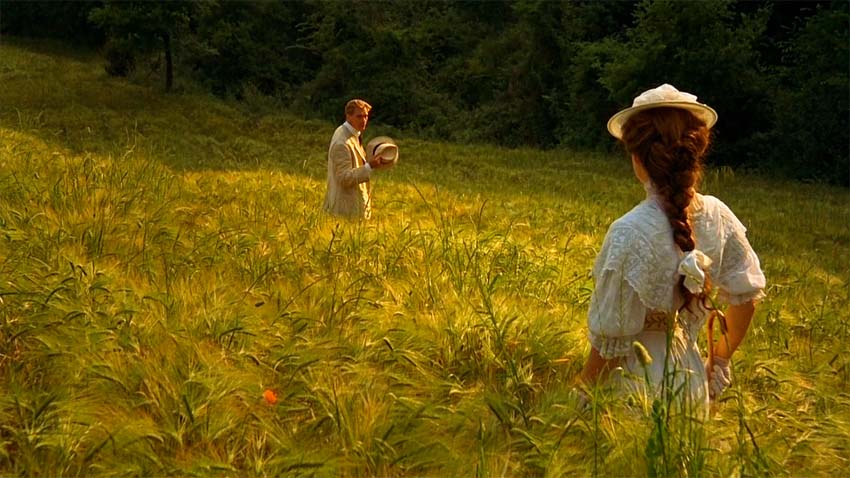
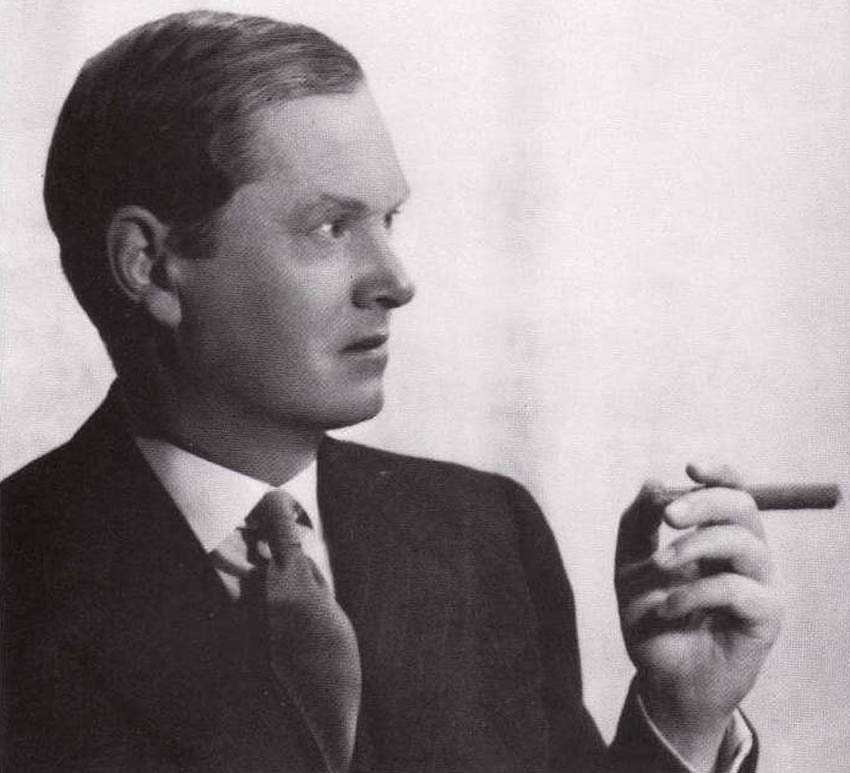
 Soak up enough art over the years and you’ll run into the cultural dichotomy, either through half-cocked introspection or cocktail party gunpoint. It’s a practice where two artists of equal merit and/or influence are positioned at opposing ends in talk, much as an oily advertising tyrant pins blindfolds on fat suburban heads to establish the next tasteless drink to slam down lacquered American throats.
Soak up enough art over the years and you’ll run into the cultural dichotomy, either through half-cocked introspection or cocktail party gunpoint. It’s a practice where two artists of equal merit and/or influence are positioned at opposing ends in talk, much as an oily advertising tyrant pins blindfolds on fat suburban heads to establish the next tasteless drink to slam down lacquered American throats. 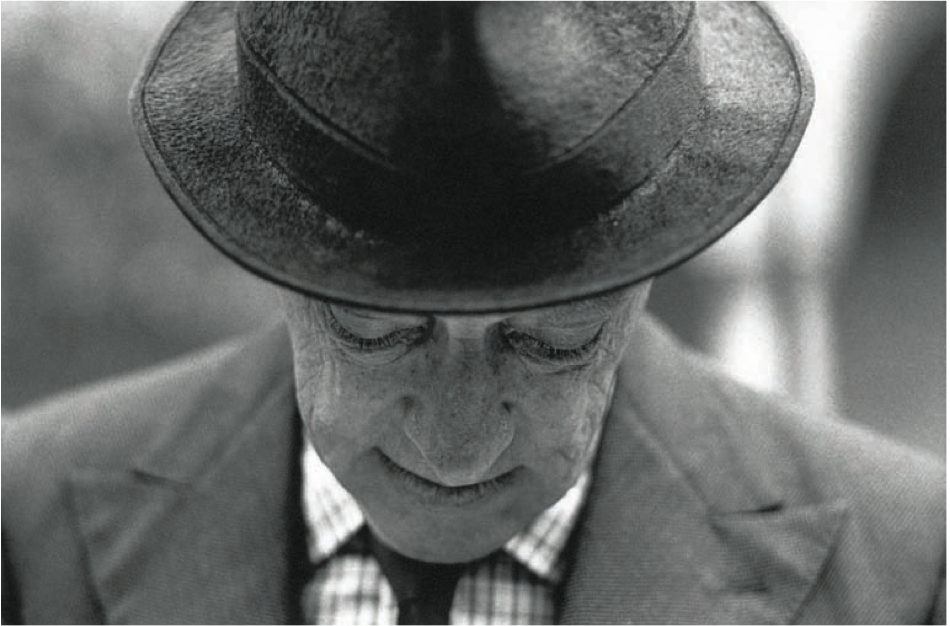

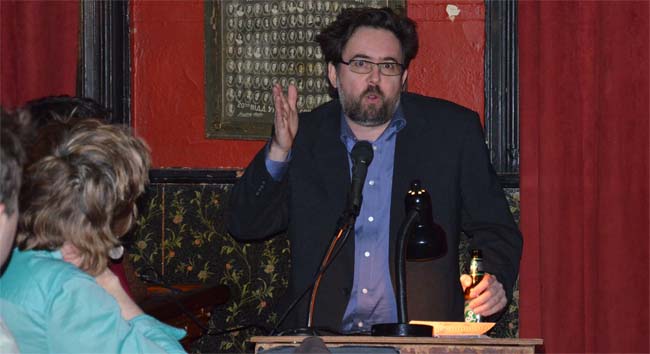
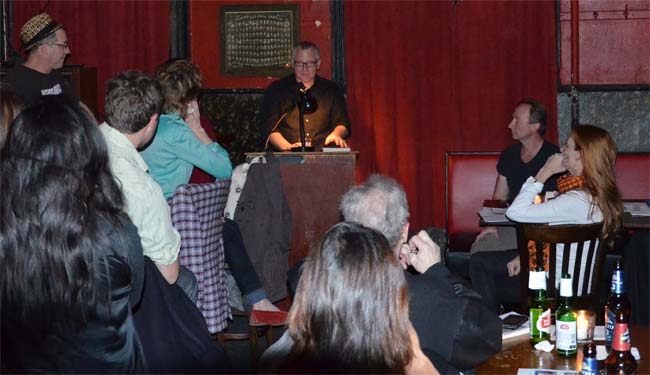
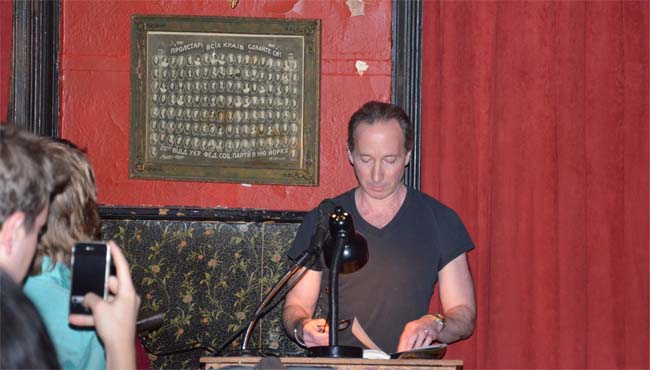

 For more than a decade, I have nursed a grandiose grudge towards Wallace Stegner that has less to do with the eco-friendly West Coast bigshot’s literary streetcred and more to do with my own irrepressible ineptitude concerning matters of the boudoir.
For more than a decade, I have nursed a grandiose grudge towards Wallace Stegner that has less to do with the eco-friendly West Coast bigshot’s literary streetcred and more to do with my own irrepressible ineptitude concerning matters of the boudoir.